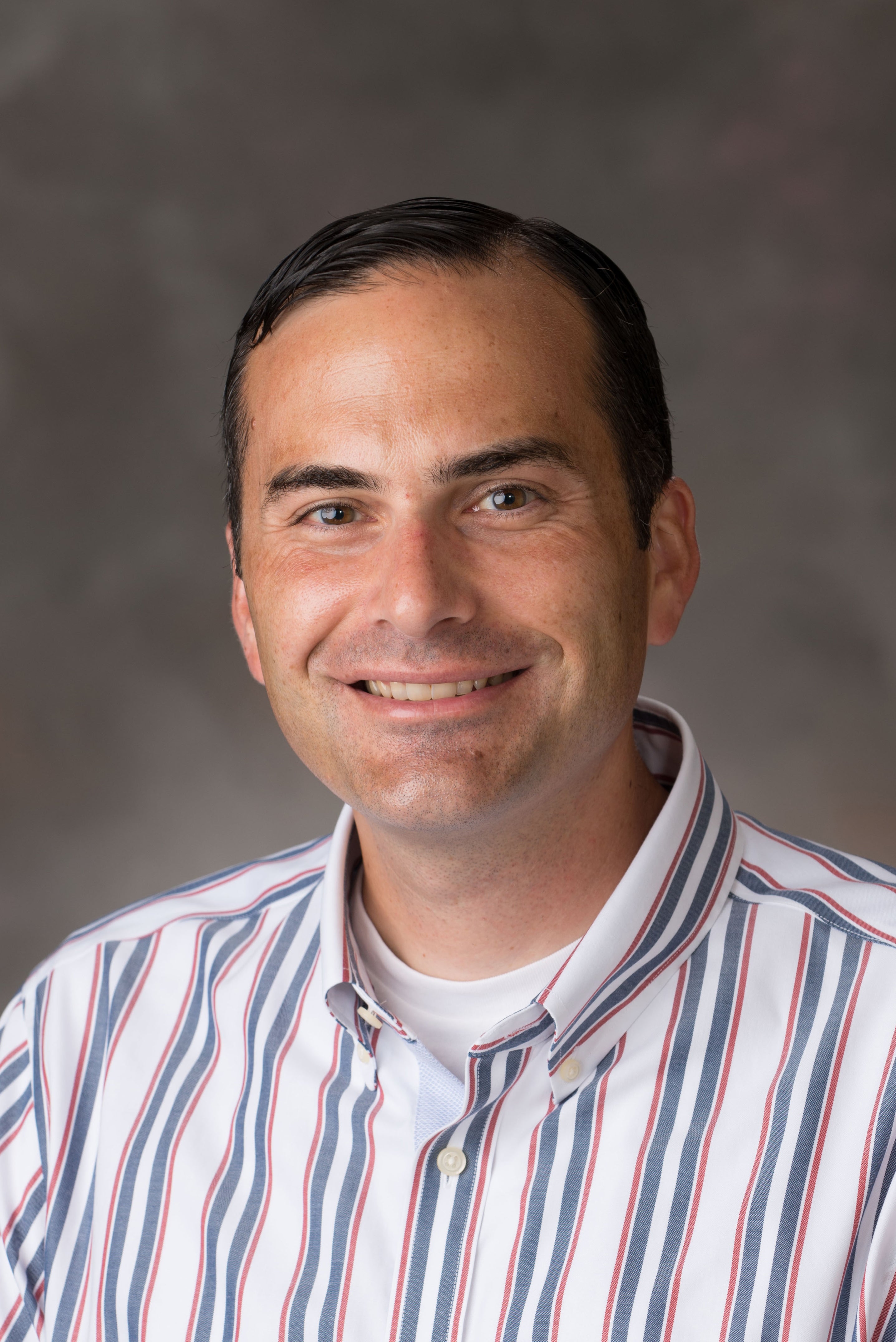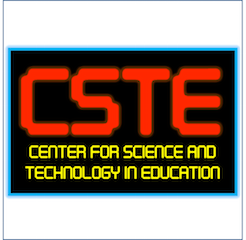

CSTE Fall Lecture Series

Today’s most pressing global challenges span Earth systems at local, regional, and global scales. The problem-solvers and innovators who will be faced with addressing these challenges are today’s students and tomorrow’s consumers, employees, teachers, voters, and policymakers, each of whom must develop scientific literacy. Models are critical tools with which scientists study and seek to solve these challenges and scientific modeling is a scientific practice prioritized in the Next Generation Science Standards. However, there remains a great deal to learn about how to engage students in scientific modeling in meaningful ways and support them to use models productively to support their reasoning about Earth systems.
For the past 5 years, our research team has been engaged in research and development to support and understand elementary students’ use of models to reason about Earth systems in the United States and Germany (see references below). In this presentation, I share empirical results and theoretical insights from this work, as well as its more recent progression spanning multiple new externally-funded projects to focus on scientific modeling across K-16 settings. In particular, I will discuss evolution of a 3-dimensional learning performances framework reflecting scientific modeling practices, epistemic dimensions of scientific modeling, and core disciplinary concepts. The presentation also focuses on early-stage elements of this research program focused specifically with the use of computer-based modeling tools to support students’ systems thinking about water systems and climatic phenomena.
Cory Forbes is an Associate Professor of Science Education, Director, Nebraska Collaborative for Food, Energy, & Water Education (NC-FEW), and Coordinator, IANR Science Literacy Initiative at the University of Nebraska-Lincoln. His work focuses on supporting and studying teaching and learning about Earth systems across the K-16 continuum through innovative curricular and instructional interventions, including teacher education and professional development, curriculum development, and assessment. Forbes was awarded the 2014 Early Career Research Award by the National Association for Research in Science Teaching (NARST).

10:00 - 11:00am Visit with Graduate Students (Benjamin Bldg, Room 2226)
3:00 - 4:00pm Distinguished Lecture (Benjamin Bldg, Room 2226)
Light refreshments will be served.
CONTACT: Natalie Ylizarde, ylizarde@umd.edu